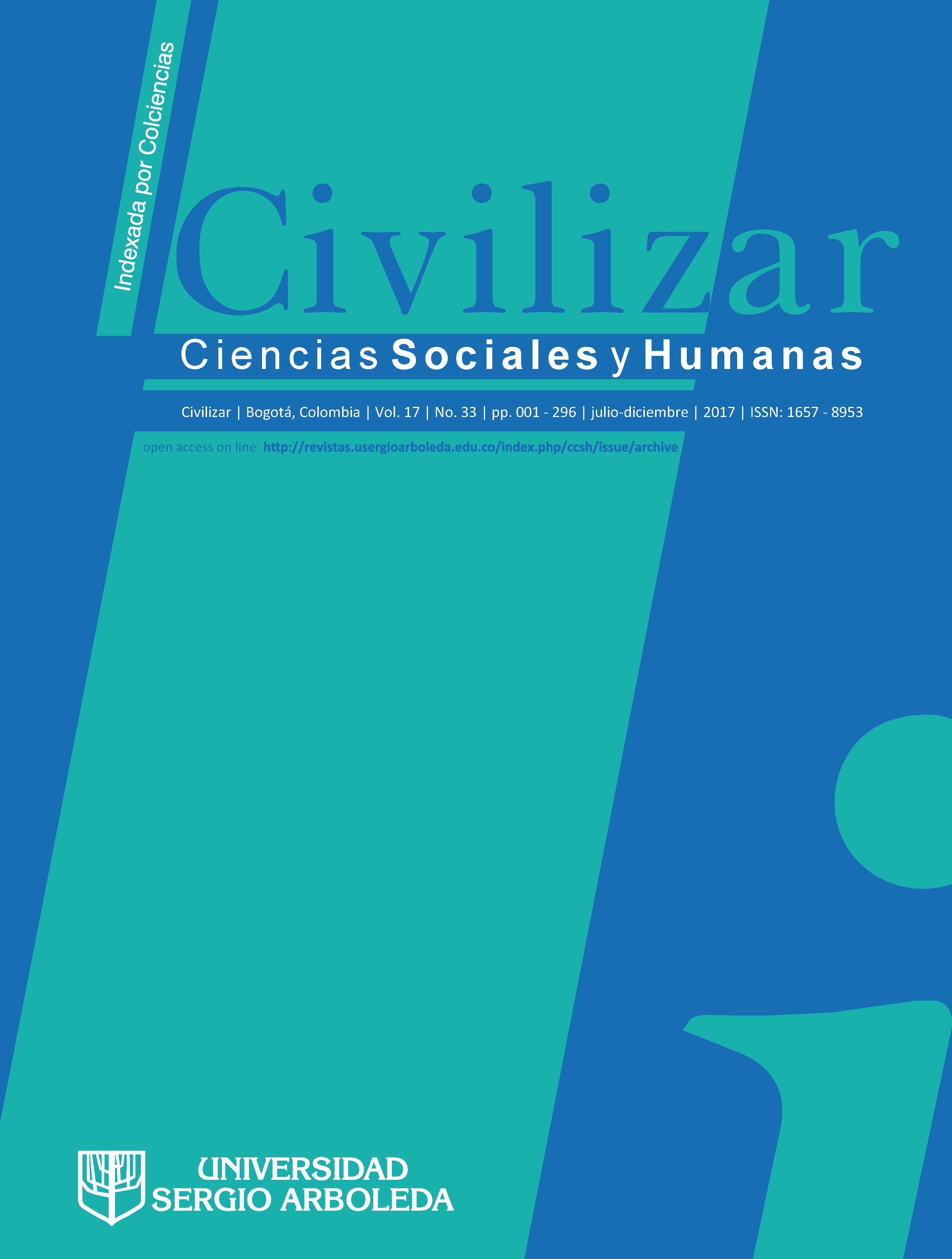Abstract
The commercial agency contract has specific characteristics that differentiate it from other distribution contracts, which are condensed into essential, natural and accidental elements. Although such elements seem to have some acceptance in legal sources, with the entry into force of the Trade Promotion Agreement between the Republic of Colombia and the United States of America (also called the Free Trade Agreement, FTA) a possible case of implicit repeal is presented. To test this hypothesis, the role of international treaties in the system of sources of commercial law is analyzed, so that through the theory of impure monism it is possible to formulate a new scope of the commercial agency contract.

This work is licensed under a Creative Commons Attribution-NonCommercial-NoDerivatives 4.0 International License.


